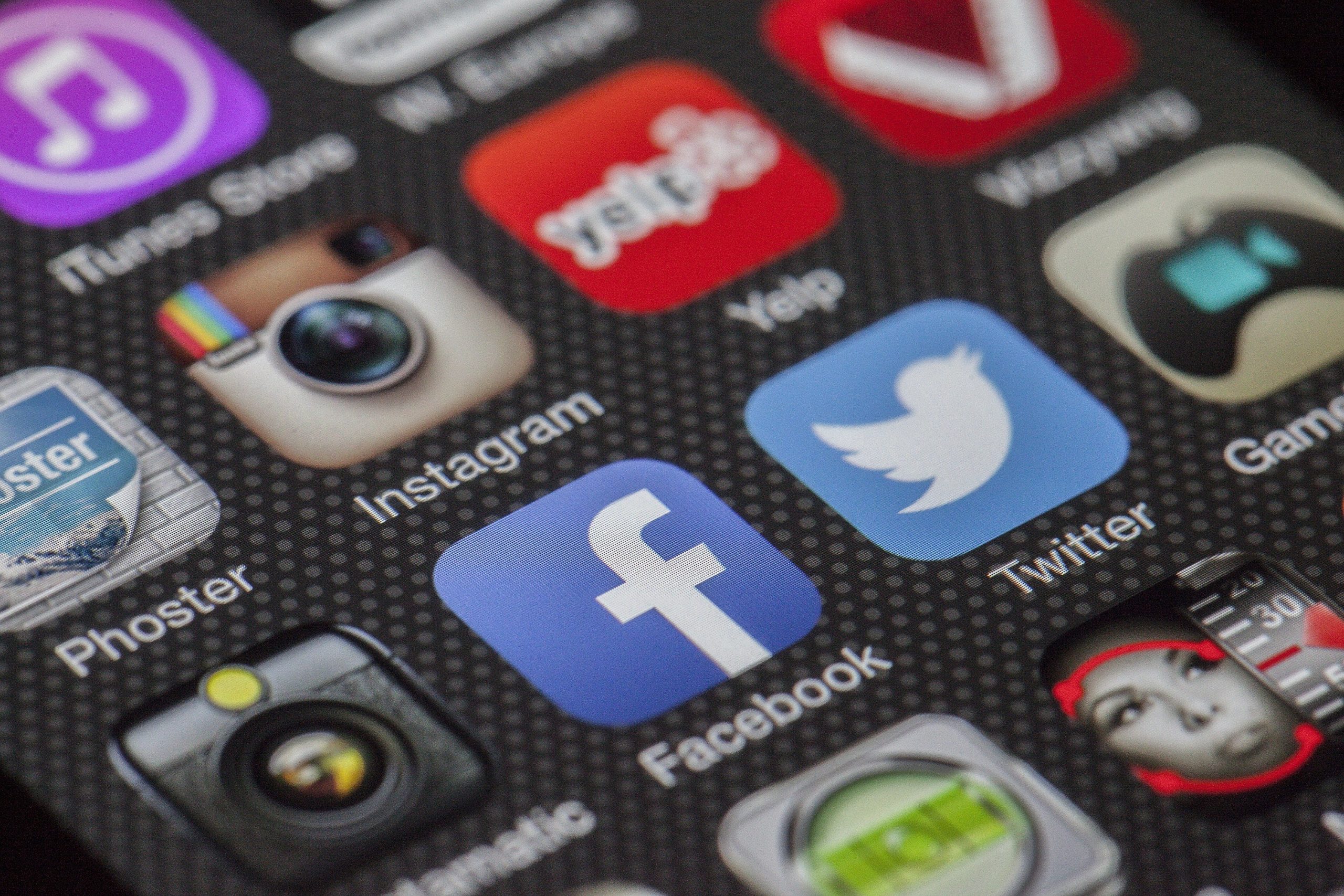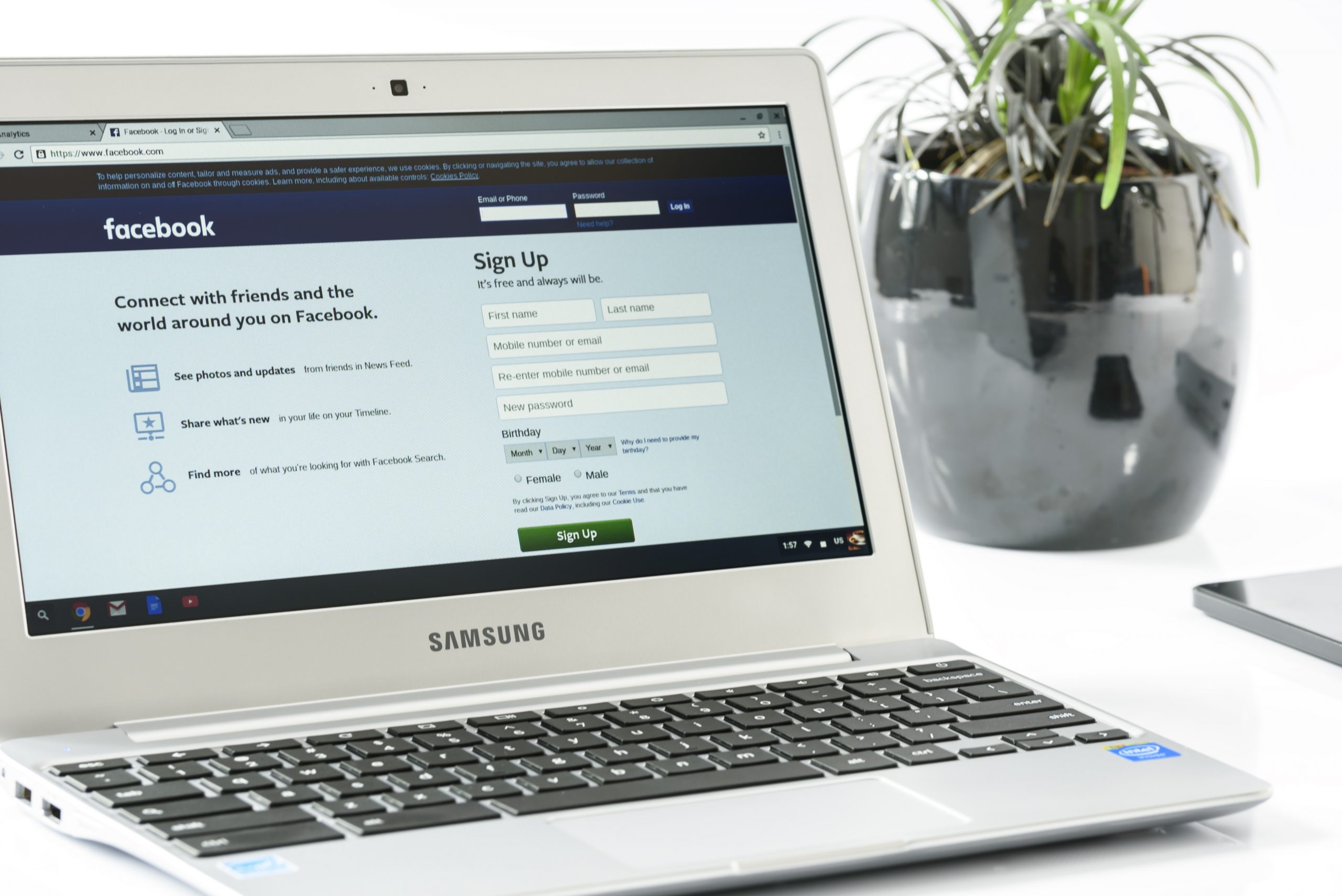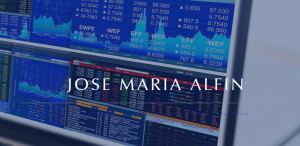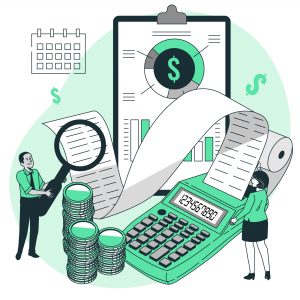The tech CEOs apologized. They had failed to anticipate people’s behavior would return to normal once COVID-19 restrictions lifted.
3 minutos de lectura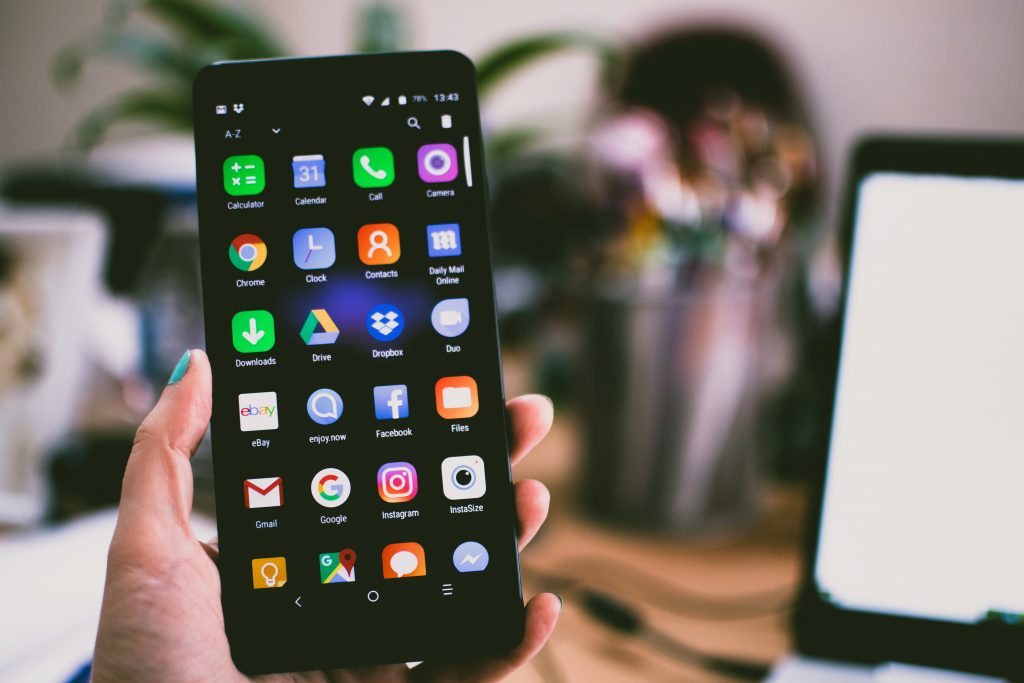
One by one, the tech CEOs apologized. They had failed to anticipate people’s behavior would return to normal once COVID-19 restrictions lifted. So, their projections for growth — in streaming, ecommerce, and the like — were way off. With expenses mounting and growth stagnating, they’d need to cut costs dramatically. Mass layoffs were coming.
“This did not play out the way I expected,” said Meta CEO Mark Zuckerberg.
“That bet didn’t pay off,” said Shopify CEO Tobi Lütke.
That Big Tech completely missed its COVID-19 surge ending — something that seemed obvious — is astonishing, but it’s more than a simple oversight. These companies understood their lockdown-augmented growth curves might not last forever, but they planned as if they would. Because while being wrong would mean cutting staff and missing earnings expectations, not attacking the opportunity would mean losing a market if Covid-inspired behavior did persist. So, they took the risk.
“In tech, you would rather not be accused of not being bold enough, not being brash enough,” said one Meta employee who was laid off this week. “We can’t let others get ahead of us, this was the thinking”
Meta nearly doubled its workforce since 2020, adding approximately 42,000 employees, but its aggressive growth wasn’t universally appreciated within the company. Some inside Meta advocated for more cautious spending and projections, given that a vaccine that once seemed four years out would become available within a year. And as people left home, all that messaging, browsing, shopping, and streaming would likely subside. But planning continued as if people would stay inside forever.
Meta’s now experiencing the hangover, and Zuckerberg is admitting that Covid-inspired behavior changes were more temporary than he thought. “In this case, clearly, we should have stayed closer to the plan that existed in late 2019, early 2020, instead of cranking it up,” the ex-employee said.
Similar scenarios have played out inside Amazon, Netflix, and Shopify, all of which overextended after the onset of COVID-19. Amazon added 427,000 people in just ten months in 2020. And then the company kept hiring, hoping the ecommerce way of life would stick. But it didn’t. This week, Amazon laid off 10,000 employees, and CEO Andy Jassy said more cuts were coming next year.
“One of the tragedies of companies is that a risk that may make sense for a company to take may be catastrophic for its employees,” said Roy Bahat, head of VC firm Bloomberg Beta, on Big Technology Podcast this week.
These companies’ data-reliant planning process also complicated matters, since they make their plans using data from the past. COVID-19 threw that entire process out of whack. “If the future doesn’t look like the past, being data-driven at present is not really helping you that much,” said Ryan Petersen, co-CEO of Flexport.
Now comes the fallout. Big expectations telegraphed to Wall Street are getting harder to hit. Workforces rocked by layoffs are experiencing plunging morale. And costs, in numerous instances, are still too high.
Perhaps if the economy were still roaring, this would be easier to stomach, but the big bet on Covid-inspired behavior lasting is really starting to hurt. “It’s going to be a hangover on these guys for a while,” said ex-Meta executive Brian Boland. “Until they get some wins.”

